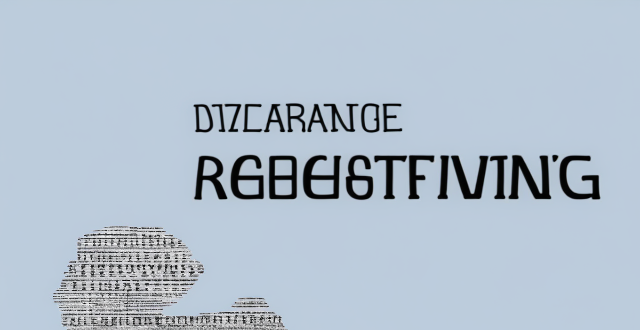The text discusses the importance of maintaining academic integrity in education and outlines several ways for students to do so. It emphasizes understanding the concept of academic integrity, adhering to school policies, citing sources properly, avoiding plagiarism, being honest in assessments, respecting intellectual property rights, maintaining confidentiality, reporting incidents of misconduct, and seeking help when needed. The text concludes that maintaining academic integrity is crucial for students to achieve success in their academic pursuits and beyond.

How Can Students Maintain Academic Integrity in Their Studies?
Academic integrity is the foundation of any educational system. It encompasses a wide range of principles including honesty, fairness, respect, responsibility, and courage. For students, maintaining academic integrity is not just about avoiding plagiarism or cheating but also about developing a sense of moral responsibility towards their studies. Here are some ways through which students can maintain academic integrity:
Understand the Concept of Academic Integrity
First and foremost, it is important for students to understand what academic integrity means. They should be aware of the principles of honesty, trust, fairness, respect, responsibility, and courage. This understanding will help them to recognize what constitutes a breach of academic integrity and how to avoid it.
Adhere to School Policies and Rules
Every educational institution has its own set of policies and rules regarding academic integrity. Students must familiarize themselves with these policies and adhere to them strictly. This includes understanding the consequences of violating these rules and regulations.
Cite Sources Properly
Whenever students use someone else's work, they must give proper credit to the original author. This includes citing sources properly using the appropriate citation style (e.g., APA, MLA, Chicago). Failing to do so amounts to plagiarism, which is a serious breach of academic integrity.
Avoid Plagiarism
Plagiarism is presenting someone else's work or ideas as one's own without giving proper credit. It is a serious offense that can lead to severe consequences including failure of the assignment or course, academic probation, or even expulsion from the institution. Students must take measures to avoid plagiarism at all times.
Be Honest in Assessments
Students must be honest when taking tests or completing assignments. This includes refraining from cheating, using unauthorized resources, or collaborating on individual assignments. Cheating undermines the entire educational process and can have severe consequences.
Respect Intellectual Property Rights
Just like physical property, intellectual property has ownership rights too. Students must respect these rights by avoiding the unauthorized use, distribution, or copying of copyrighted materials. This includes textbooks, journal articles, software, and other digital resources.
Maintain Confidentiality
In certain situations, students may come across sensitive information that must be kept confidential. This could be related to grades, test questions, or personal information of other students. It is important to respect this confidentiality and not share such information with unauthorized individuals.
Report Any Incidents of Misconduct
If students witness any incidents of academic misconduct, they must report it to the appropriate authorities. This includes instances of cheating, plagiarism, harassment, or discrimination. By doing so, they contribute to maintaining a fair and just educational environment.
Seek Help When Needed
Finally, if students find themselves struggling with academic work or facing ethical dilemmas, they must seek help from teachers, counselors, or other support staff. There is no shame in asking for assistance when needed; in fact, it shows maturity and responsibility.
In conclusion, maintaining academic integrity is crucial for students to achieve success in their academic pursuits and beyond. By understanding and adhering to the principles of academic integrity, students can develop a strong moral compass that will guide them throughout their lives.